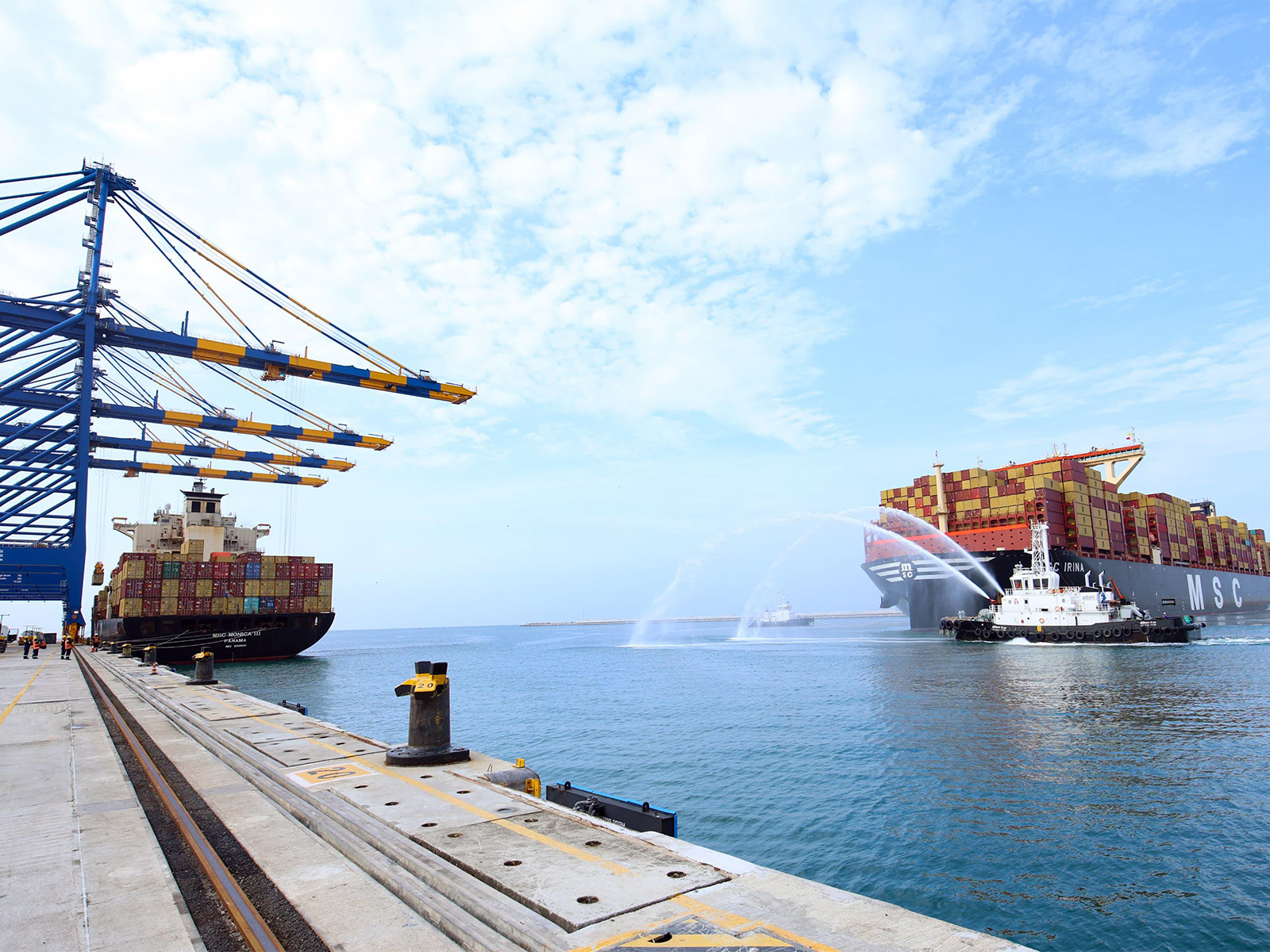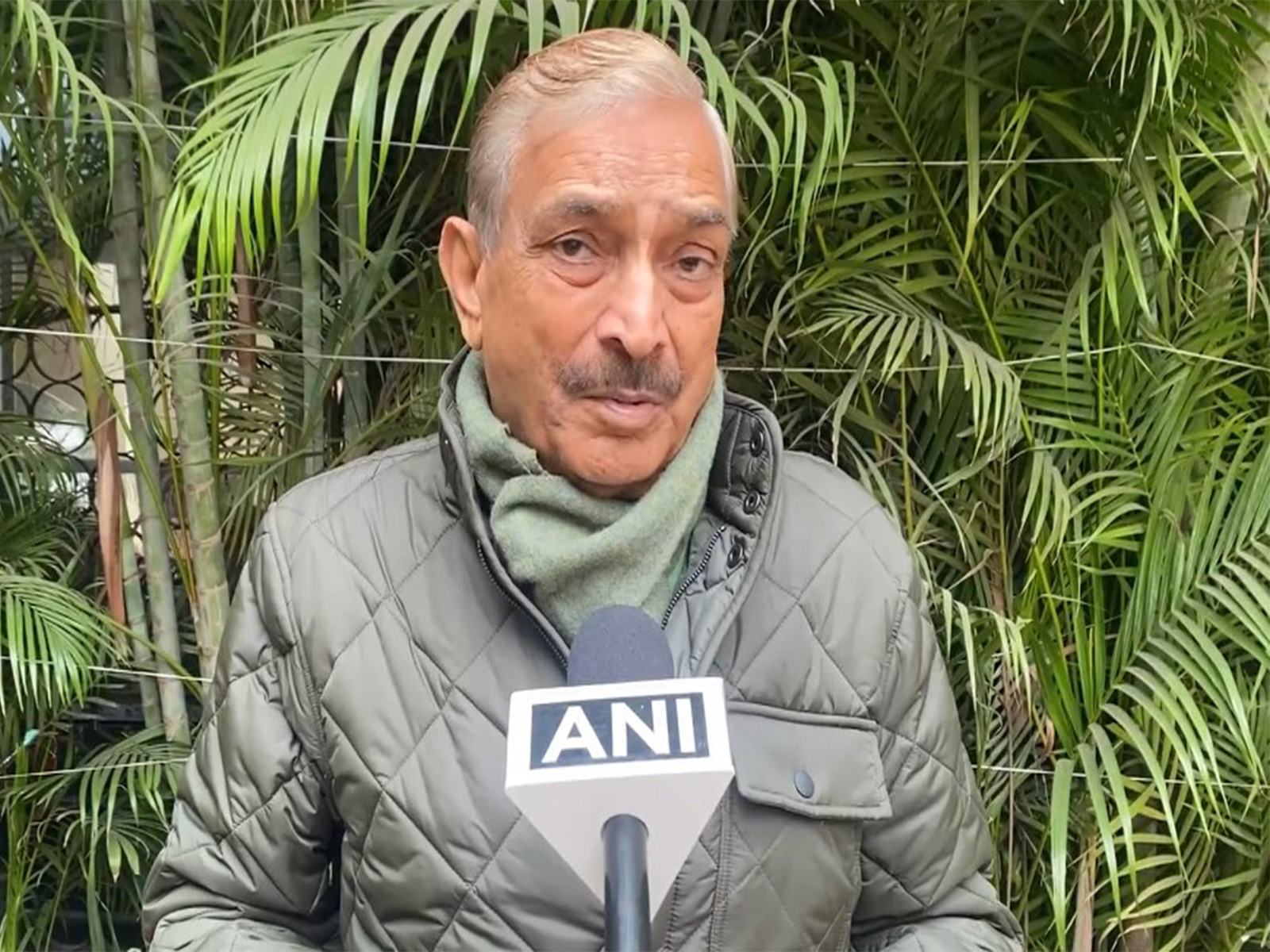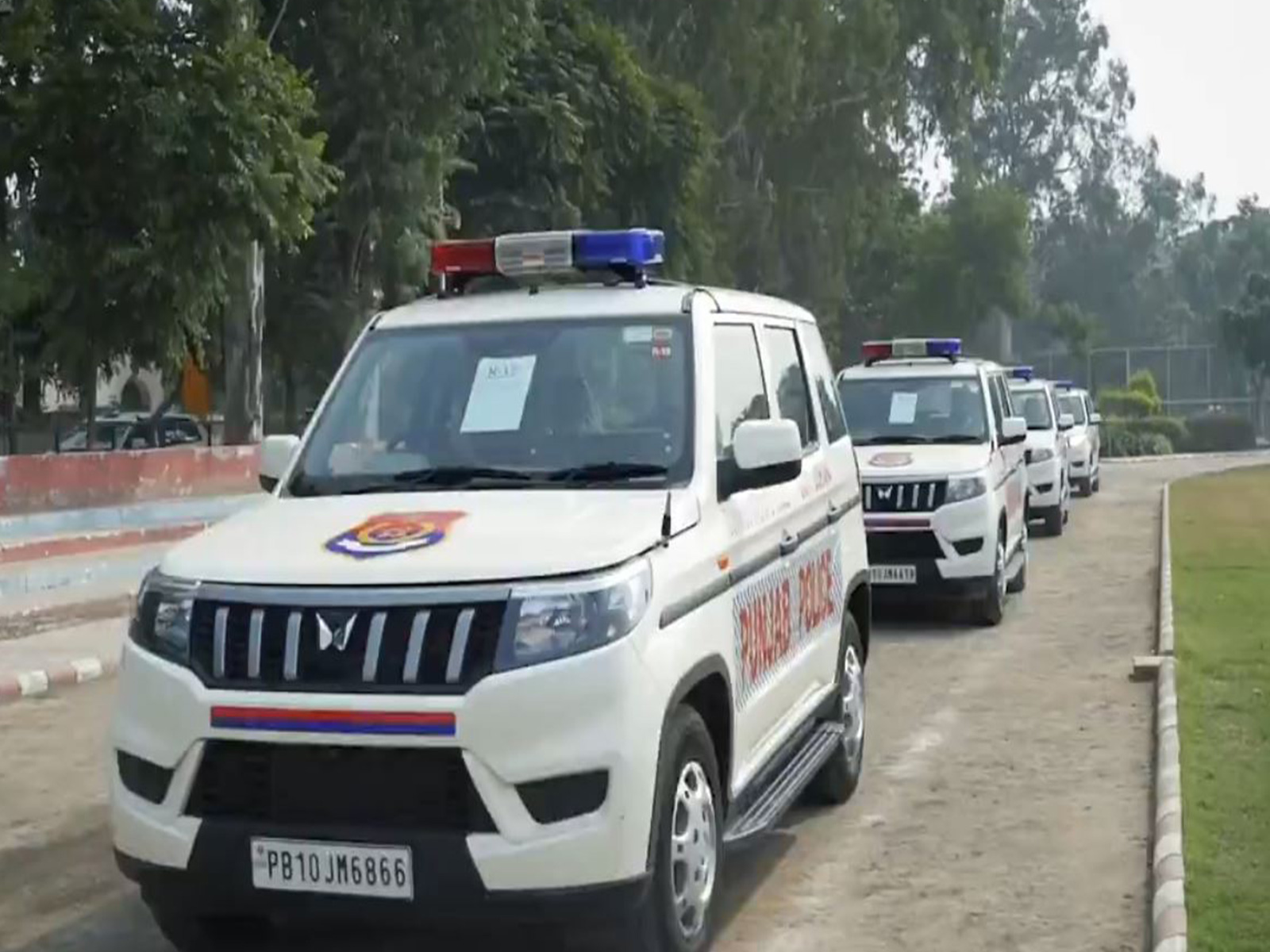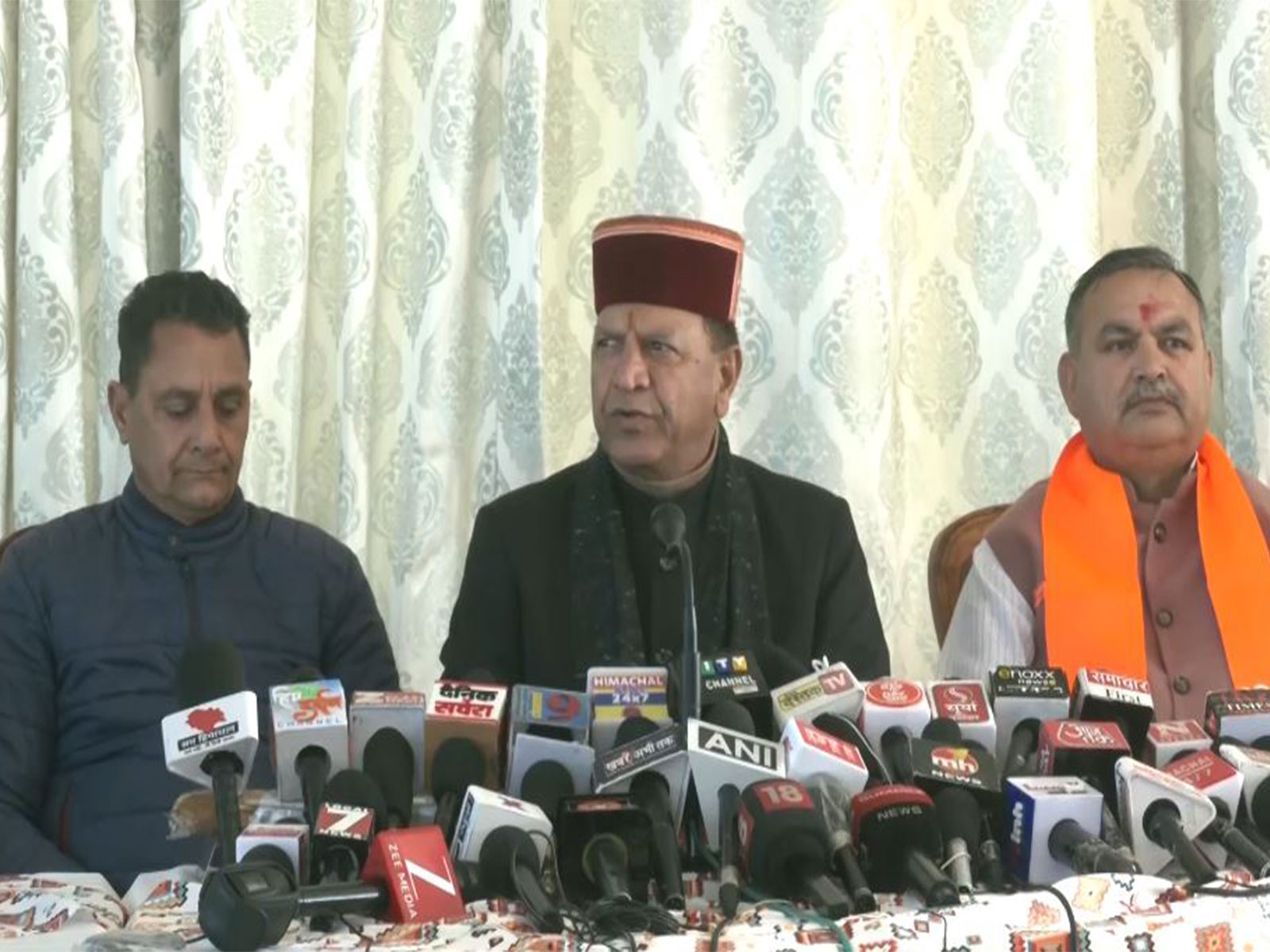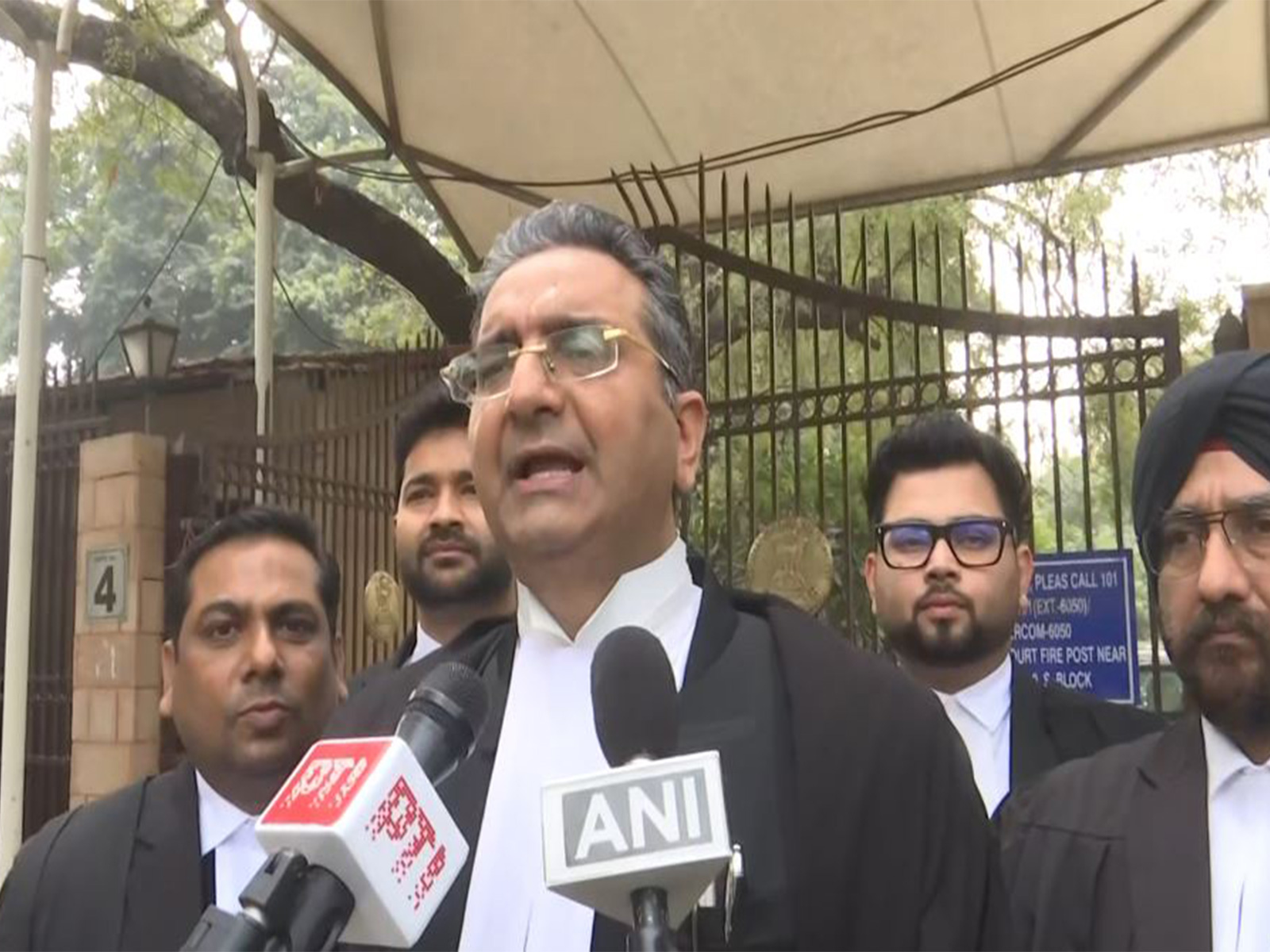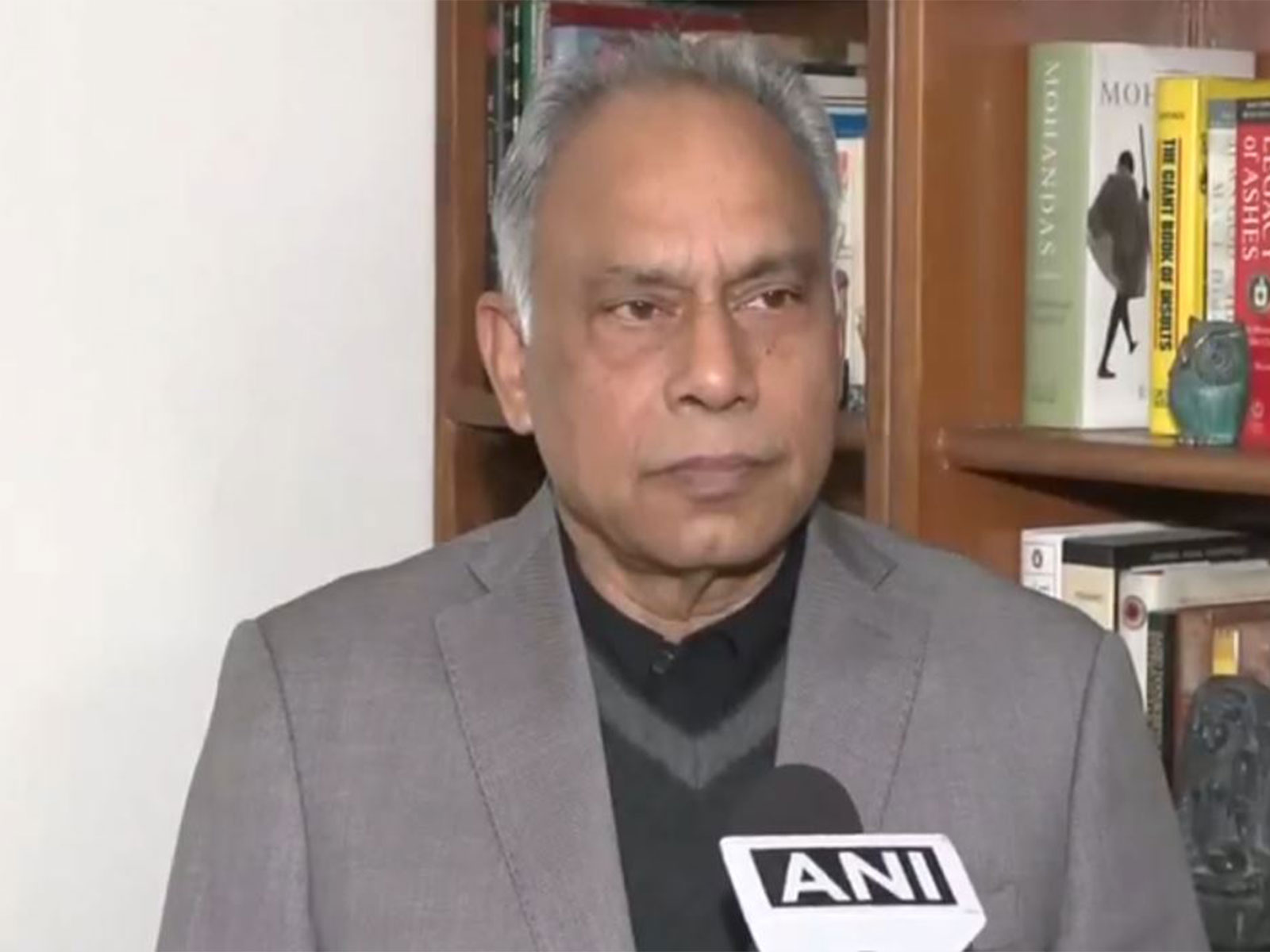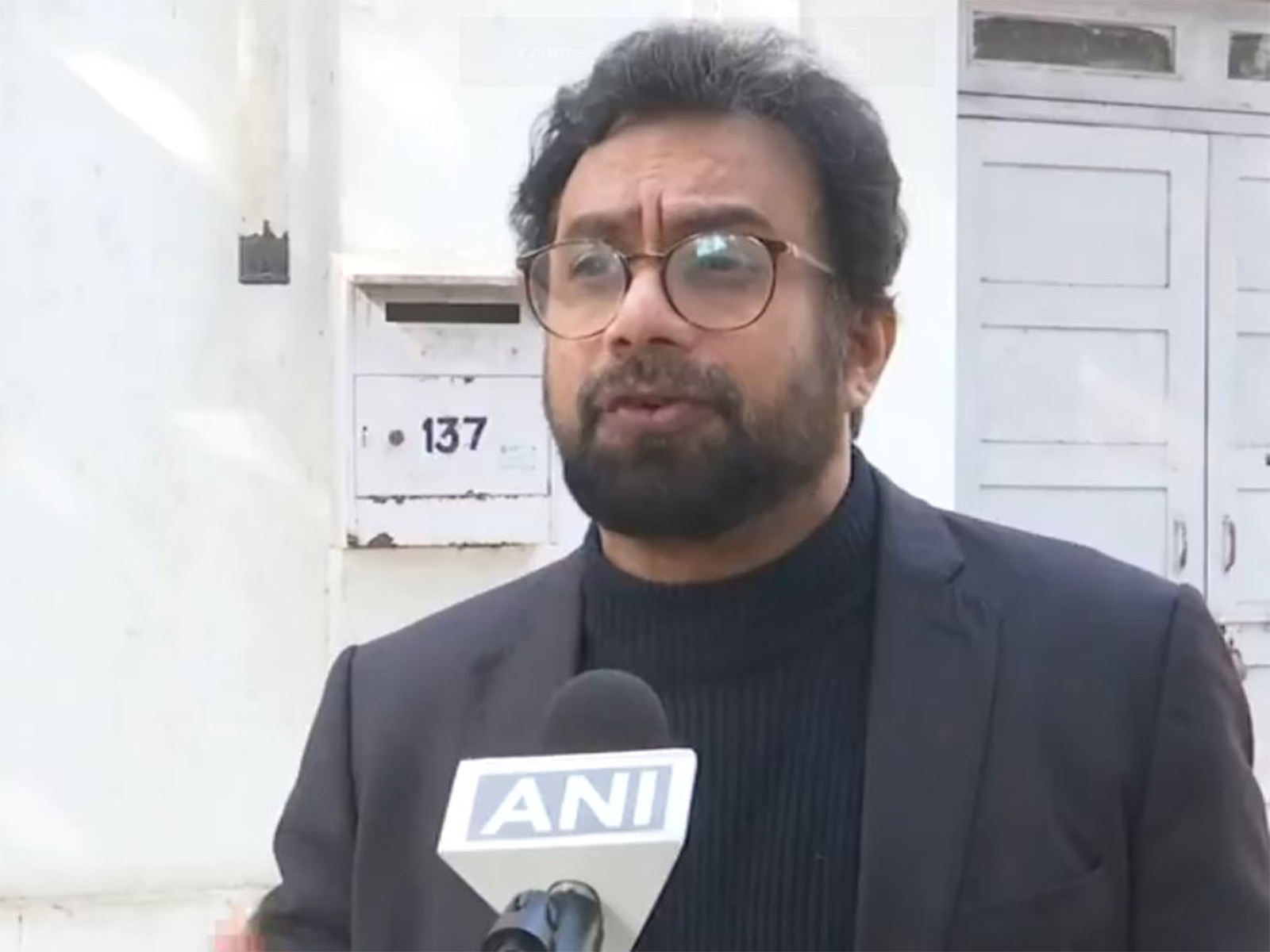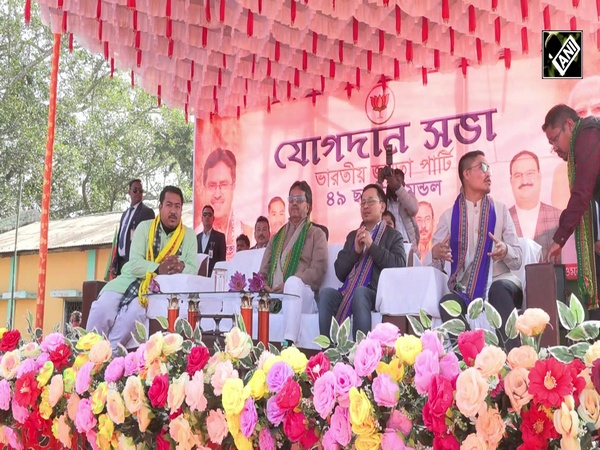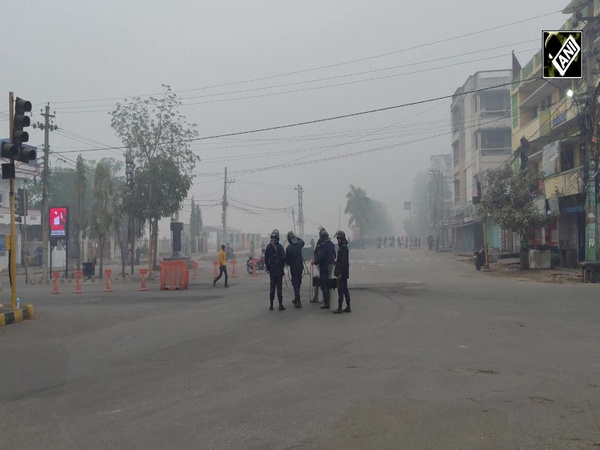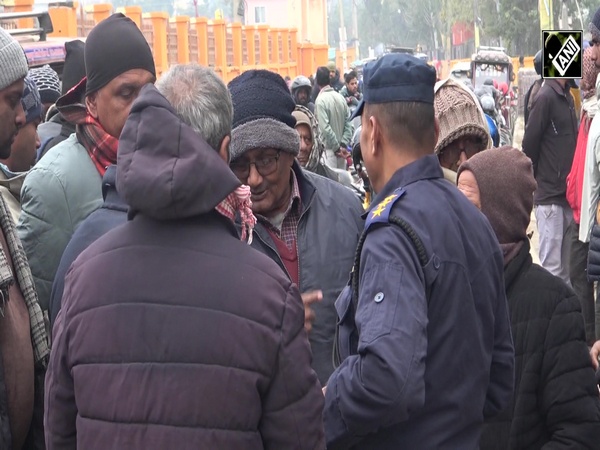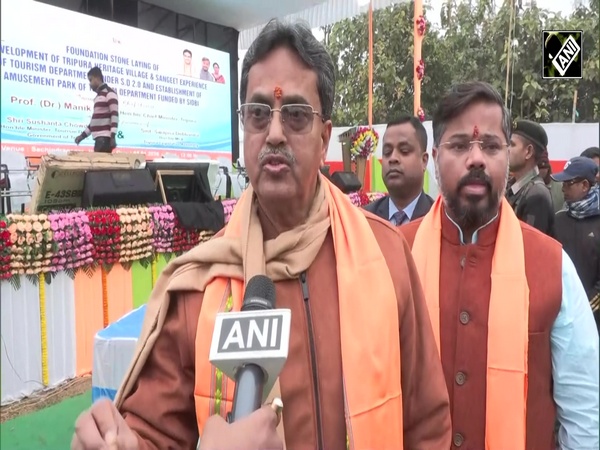Nepal economy on a gradual recovery path: Fitch
Jun 05, 2021

Singapore, June 5 : Fitch Solutions has maintained FY21 (mid-July 2020 to mid-July 2021) real GDP growth forecast for Nepal at 2 per cent and forecast growth of 3.5 per cent in FY22.
This is below the Asian Development Bank's 3.1 per cent projection and the World Bank's 2.7 per cent projection.
"Nevertheless, our forecast reflects our view for a rebound from a 1.9 per cent contraction in FY20. Our view for an FY21 rebound is due to strong remittances which we believe would have helped to offset some of the income losses due to the pandemic," said Fitch.
Meanwhile, a tourism restart in Nepal since December 2020 albeit slow will also help to support domestic businesses and ease the income shock from the pandemic. Fitch said it expects consumption to drive the recovery.
Although the economy suffered a sharp drop-off in tourism since borders were closed from March 2020 and countries limited outbound leisure travel, impacting H1 FY21 which has had a negative shock on domestic incomes, FY21 saw a sharp rise in remittances of 16.5 per cent y-o-y in Nepalese rupee terms over the first three quarters of FY21.
This will blunt the overall pandemic hit on incomes. Easier movement restrictions for most of FY21 will also reduce impediments to consumer spending and support consumer sentiment.
Private investment is likely to be supported by an improving business environment, low interest rates and government pandemic relief support schemes.
Fitch expects net exports to deliver a positive contribution in FY21 of 0.6 percentage points with projections looking at exports growing by 5 per cent and imports contracting by 0.6 per cent.
Exports growth will be led by food and live animals as well as machinery and manufactured goods. Imports can be fairly flat against FY20 is due to lower capital equipment and fuel imports being offset by higher food imports.
Fitch said gross fixed capital formation growth will remain capped during the fiscal year despite an improved economic environment.
While private investments are likely to be ramped up, public investments will continue to be weak owing to poor budget execution at both the national and sub-national level.
The country also suffers from a lack of staff with sufficient technical expertise and weak coordination across the tiers of government, said Fitch.
Moreover, the country has been in a political turmoil which has since worsened into a constitutional crisis since the end of 2019 with no end in sight. This will likely continue to hamper public project implementation and also investor sentiment.
